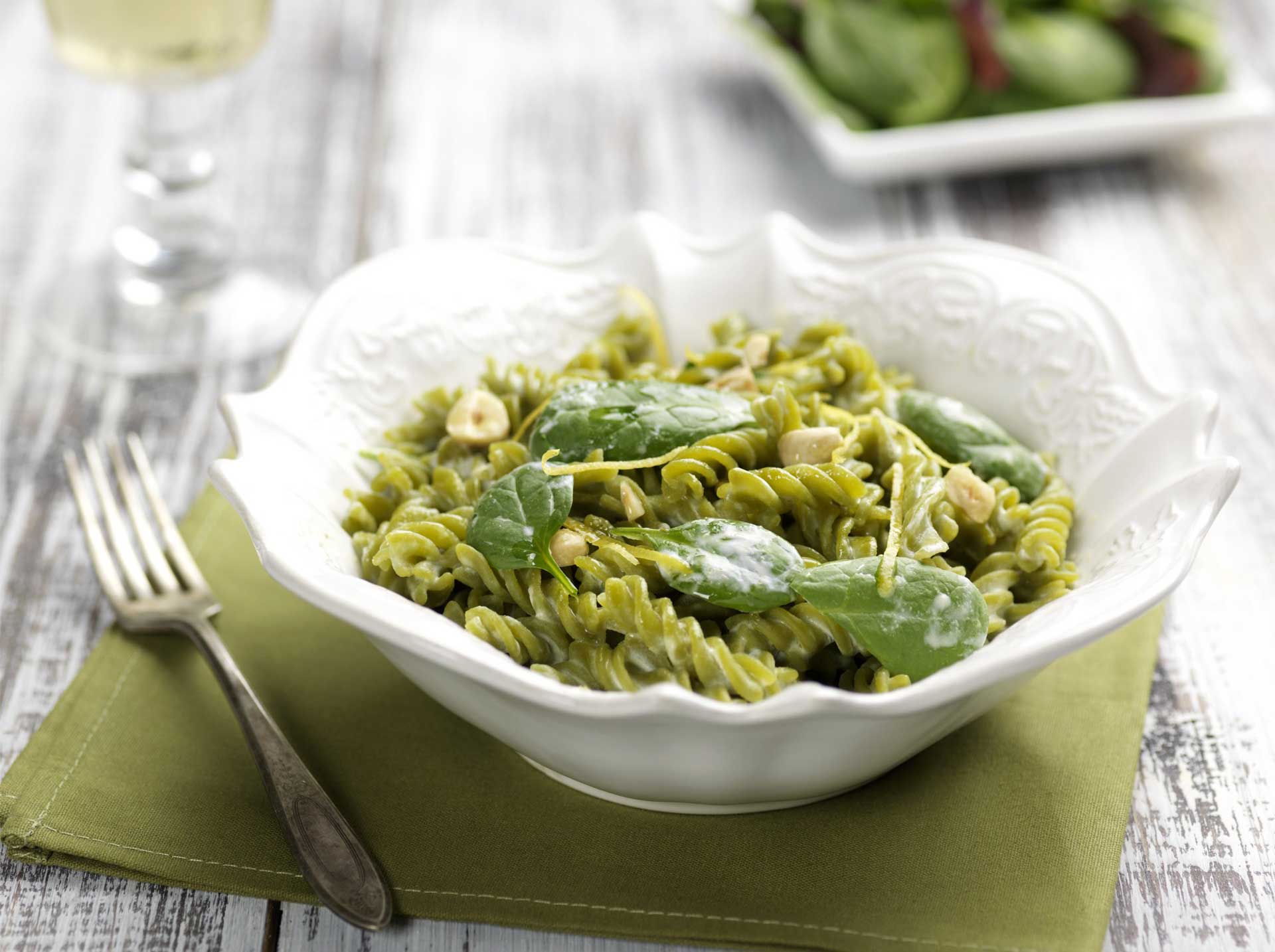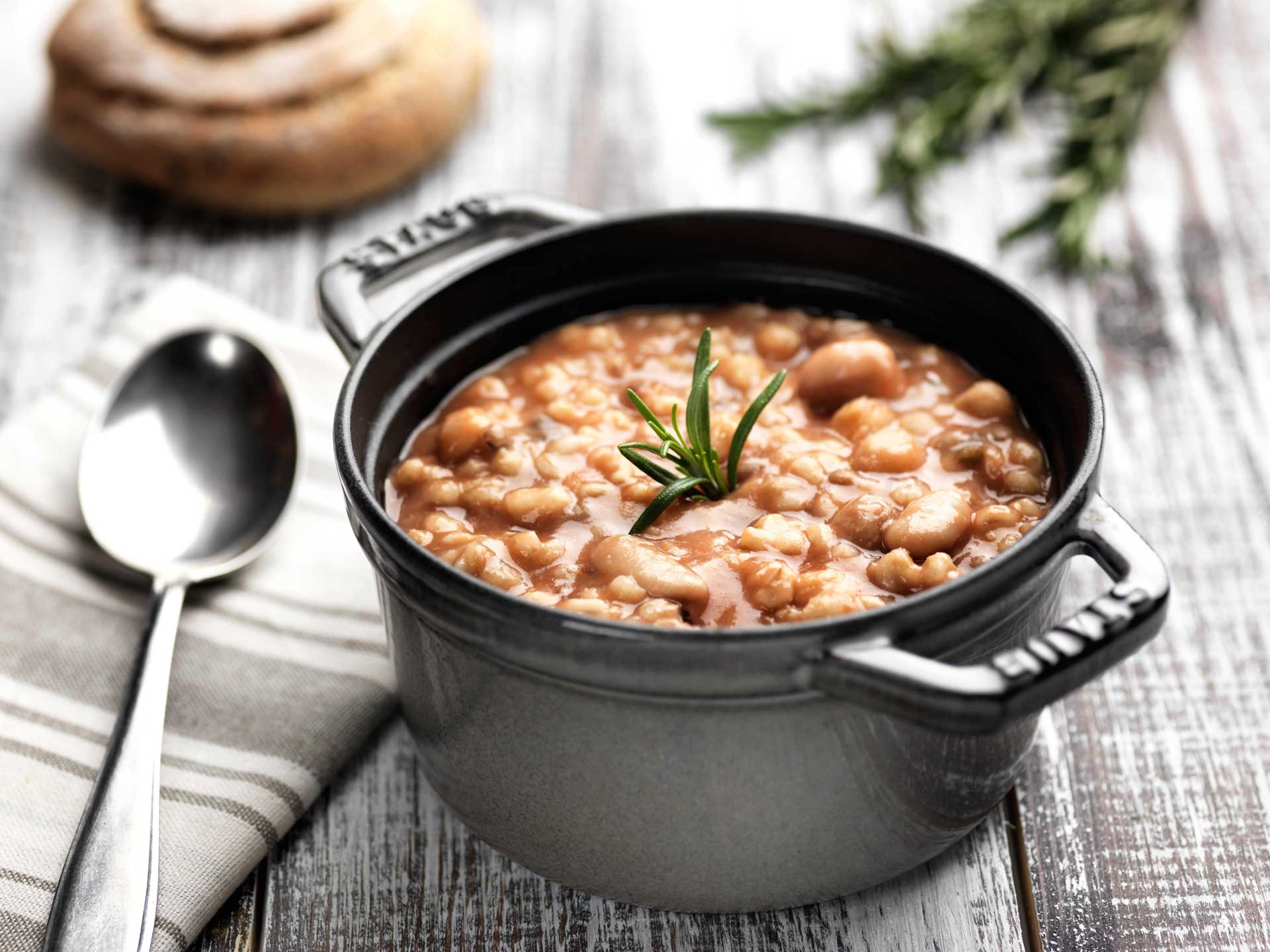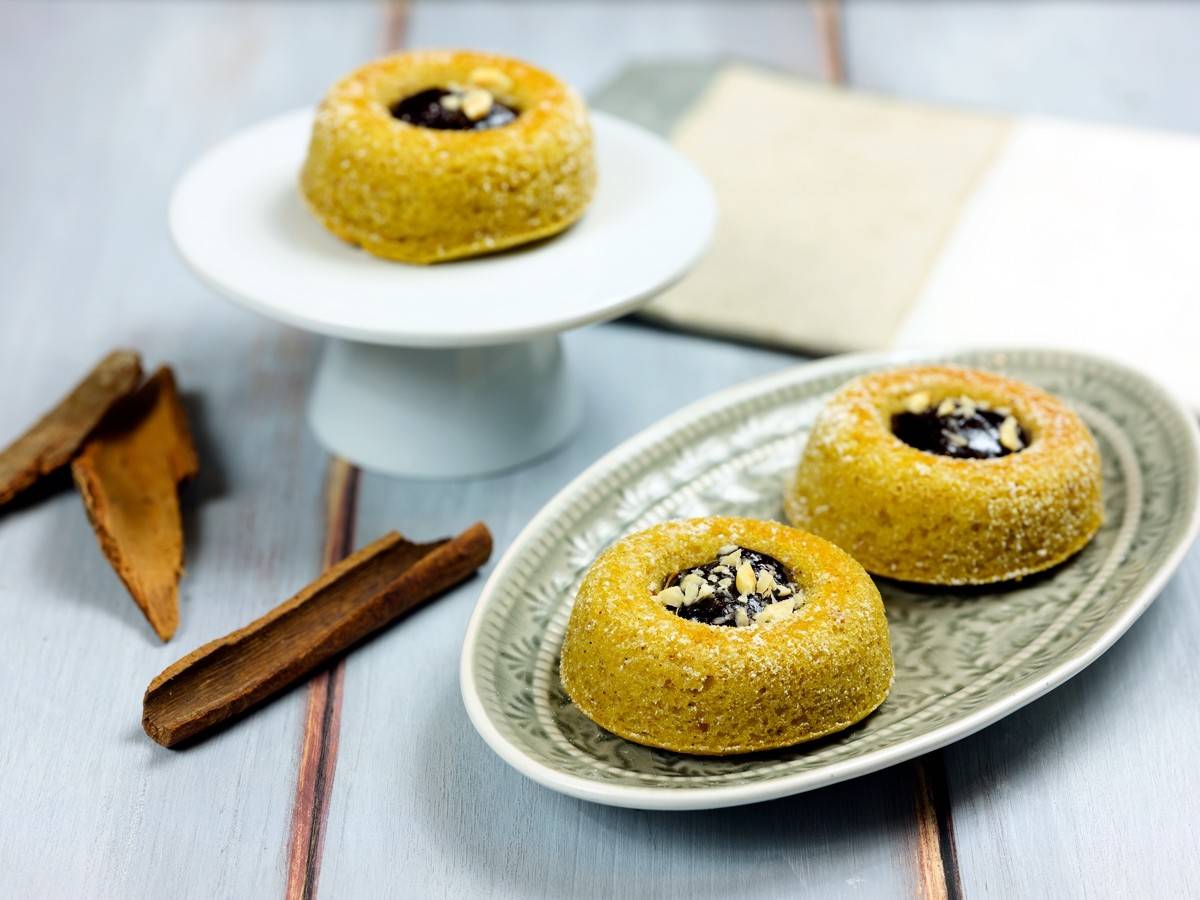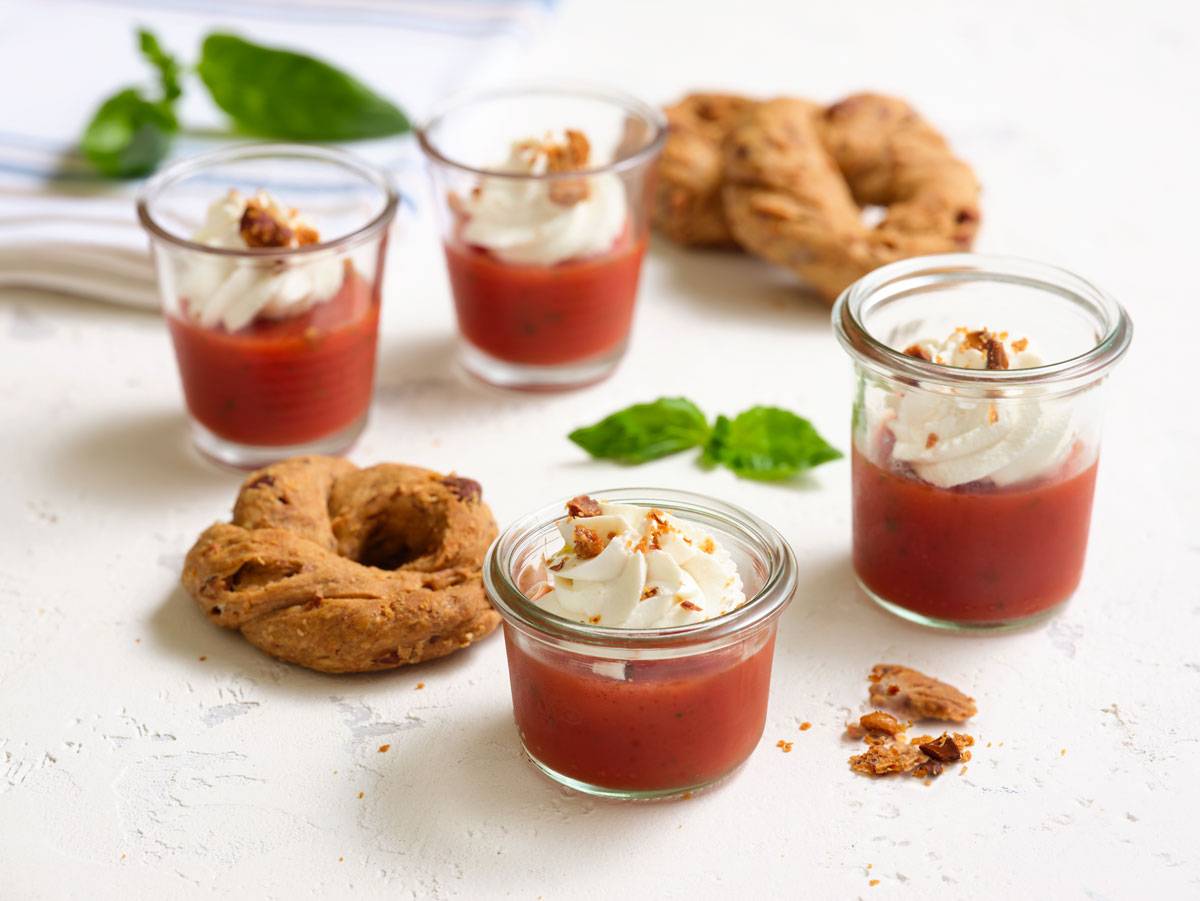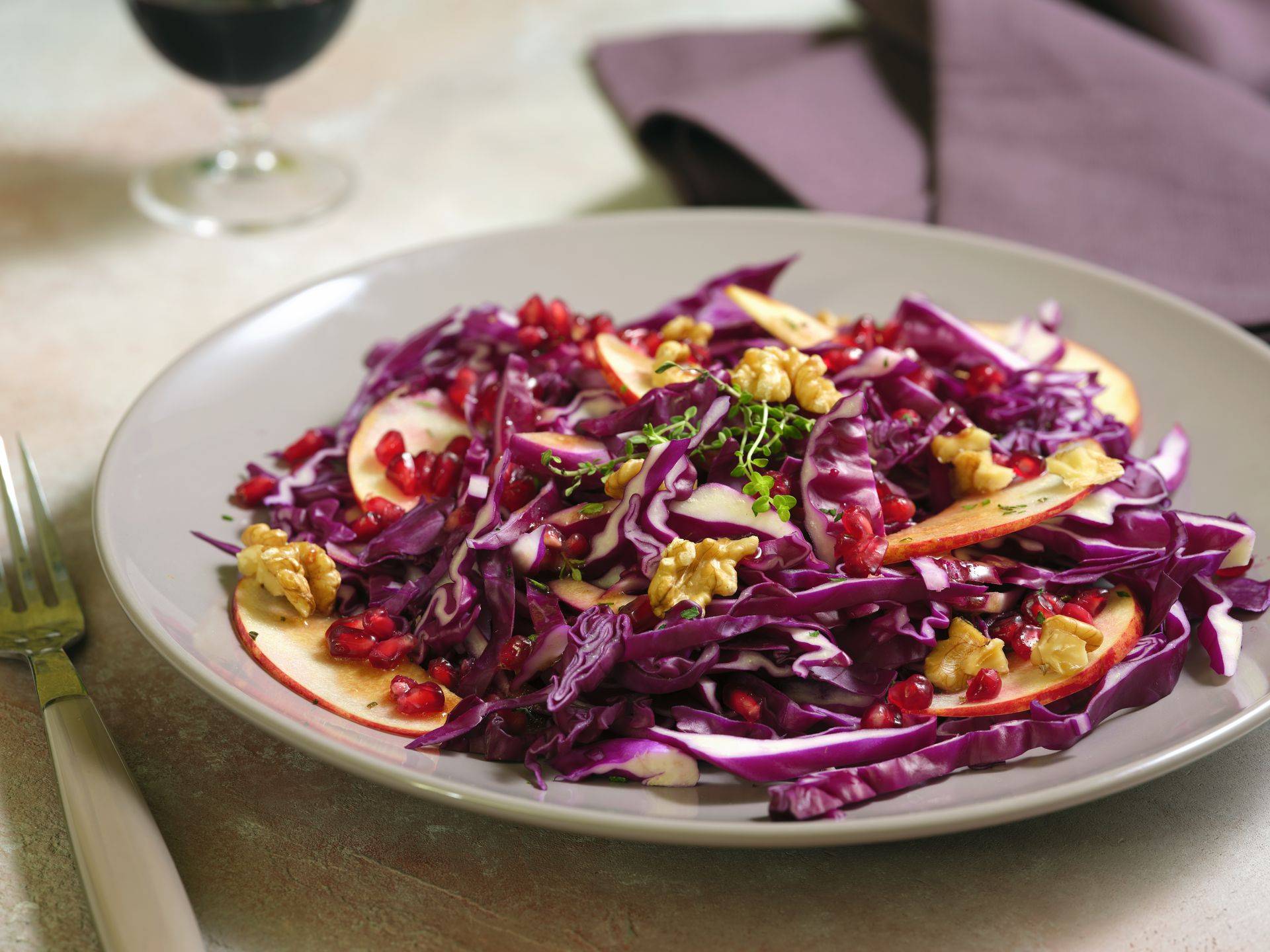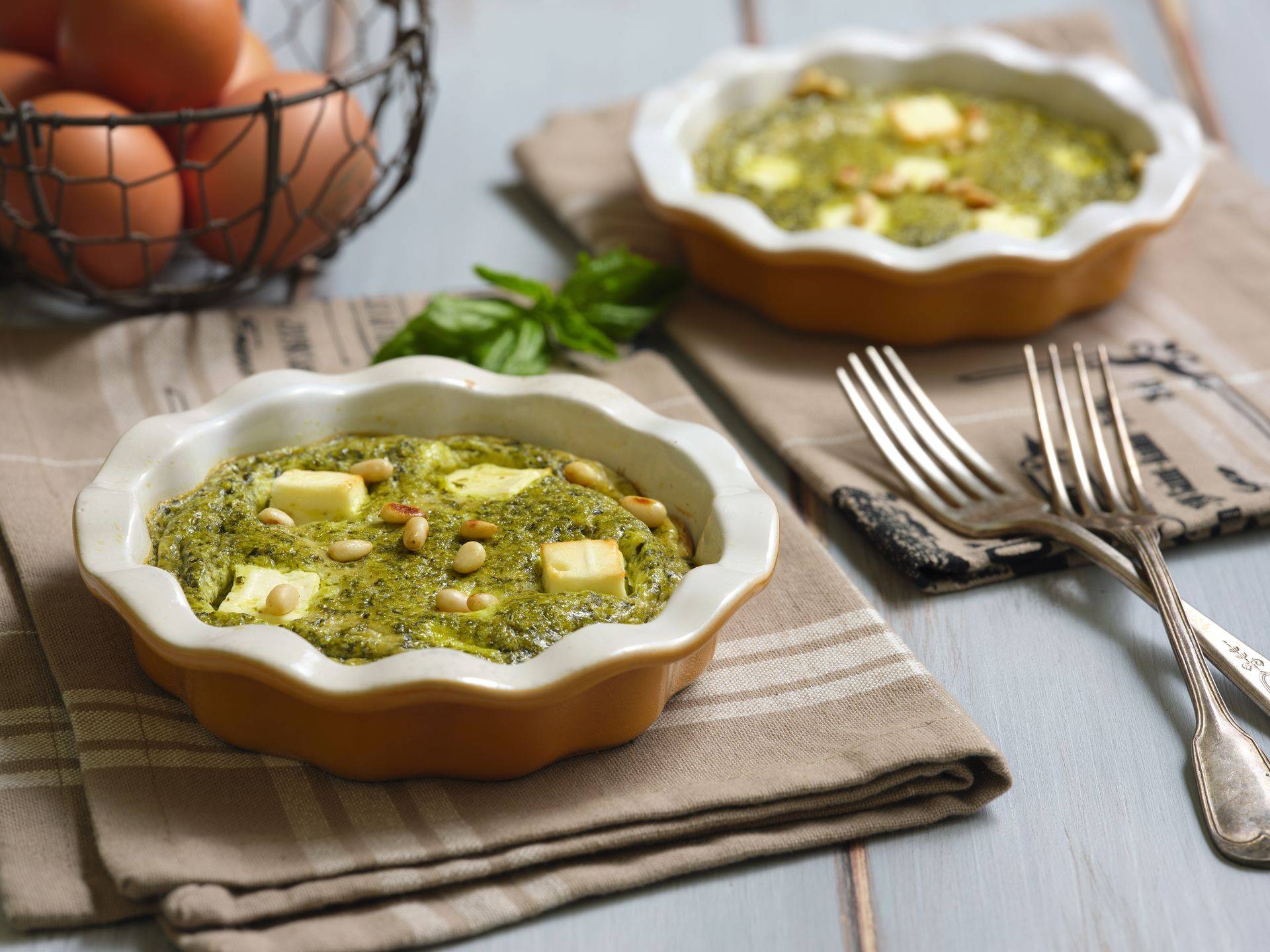.png)
Traditional and Modern Oil-Preserved Foods
The kitchen is perhaps one of those environments where tradition never dies, which is why, after years, oil preservation still reigns supreme!
Let's talk about one of the favorite seasonings of Italians and beyond, oil, which is considered by many as the king of taste and flavor.
Indeed, the kitchen has taught us that this seasoning can be used in many ways, effortlessly moving into the realm of preservation.
Therefore, organic oil preservation is one of the most important and widespread practices in the Bel Paese and beyond. Practiced by large food companies and at home, it carries with it a history that spans millennia, merging tradition and modernity.
But let's try to understand specifically what is meant by oil preservation by analyzing the processes and the history that makes it a protagonist, and trying to understand how organic oil preserves are produced.
Oil Preservation: How It's Done
Technically, all methods of preserving food in oil involve isolating the ingredients first from contact with air. All foods preserved in oil originate from an ancient and well-established technique that has specialized over the years. Following all the steps correctly is fundamental. First of all, oil is a natural agent for preservation as it serves to limit contact between food and air. This sort of isolation creates a natural protection that defends the food from bacteria (those that are generated upon contact with oxygen). Oil preservation remains the favorite for many as it does not alter the structure of the food; on the contrary, it perfectly preserves it, keeping the taste of organic foods intact. Foods preserved in oil are subjected to a processing and transformation process that guarantees the maximum result for the final product. The processes to be followed involve sterilizing each jar perfectly, cooking the foods, and then adding the oil hermetically, cooking, and boiling them again. It's not just important to preserve foods in oil after opening them. To keep them unaltered, it is necessary to store the preserves in dry and cool places. Away from heat sources, they can be properly preserved. But can everything be preserved in oil?
What Foods to Preserve in Oil
All preservation processes must be carefully followed with extreme attention. There are certainly some foods that lend themselves better to oil preservation than others. Tomatoes and artichokes are definitely at the top. They are indeed two of the most loved and preserved foods in this form. They are perfect for salads, appetizers, and starters. The undisputed protagonists of Italian cuisine and beyond, loved by everyone!
The Origin of Oil Preservation
The story of oil preservation is a long one, accompanied by curiosity and traditions that have survived to this day. We talk about tradition precisely because this type of preservation, born decades ago, had the purpose of keeping foods intact for as long as possible using only natural resources. It seems that the tradition dates back to ancient Romans, who were knowledgeable about and lovers of food. This technique was born when agriculture did not yet have advanced tools. The main reason for the development of oil preservation was to keep foods as intact as possible for as long as possible, countering the phenomenon of hailstorms and frosts that destroyed entire crops. With this technique, it was possible to enjoy the freshness of foods in all months of the year. Oil preserves were therefore real provisions for winter. Their richness and goodness have brought this tradition to the present day, allowing new technologies to add refinements to a classic and timeless process.
How to Pair Foods Preserved in Oil
Foods preserved in oil are emblematic of Italian culinary tradition and local taste, which is why it is important to serve them with the right attention. We are talking about oil preserves, the indispensable stars of the pantry. Generally, they are born as a real condiment, but their nature makes them versatile and perfect for every dish.
They are designed to be served:
- in salads as a dressing;
- as a tasty accompaniment to main courses;
- as an original and delightful appetizer.
Oil preserves are a real treasure, a healthy and organic food that has traversed years of history to reach our tables.
The great advantage of these preserves has allowed us to have the best products available at all times.
Without sacrificing taste, oil preserves allow you to savor all the goodness of nature in any season of the year.
